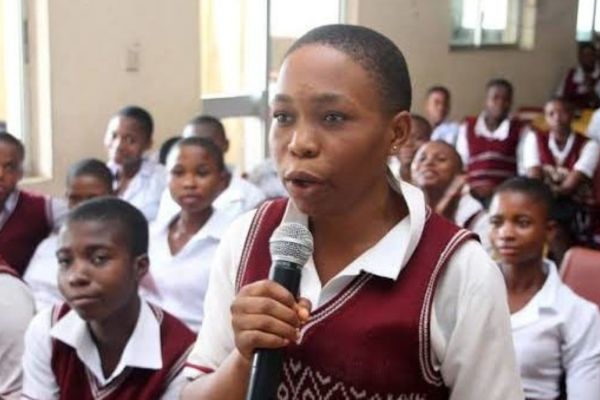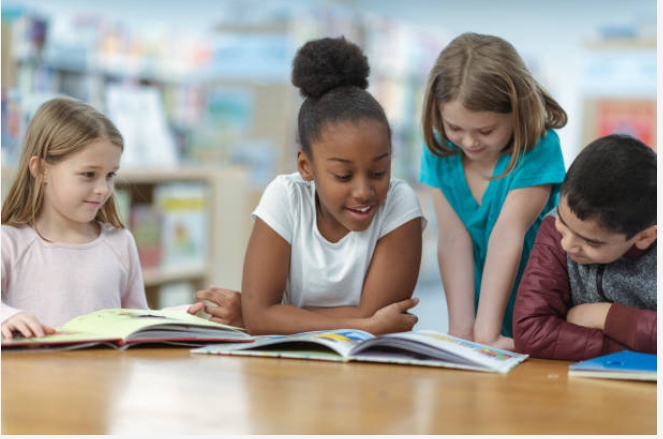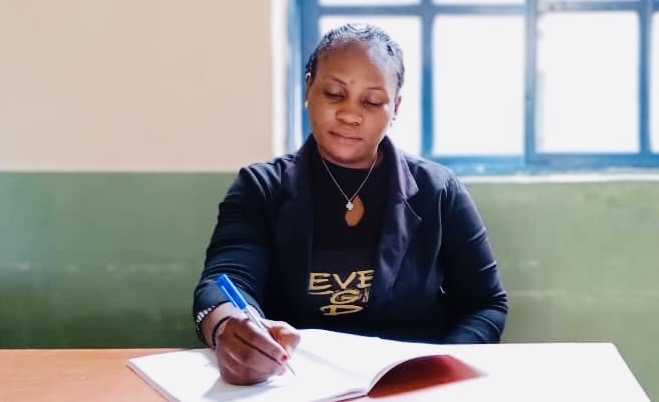Share this Post
Debates are an essential part of a student’s education, as they foster critical thinking, improve public speaking skills, and promote teamwork. For primary school students in Nigeria, debate topics should be engaging, age-appropriate, and thought-provoking, while also allowing children to learn and express themselves confidently. This article explores debate topics suitable for primary schools in Nigeria, categorized by relevance, complexity, and interest.
Importance of Debates for Primary School Pupils
Debates provide numerous benefits for young learners, including:
- Enhanced Communication Skills: Pupils learn how to articulate their thoughts clearly and persuasively.
- Critical Thinking: Analyzing topics helps develop reasoning and problem-solving skills.
- Confidence Building: Speaking in front of an audience boosts self-esteem.
- Teamwork and Collaboration: Pupils learn to work together, sharing ideas and supporting each other.
- Cultural Awareness: Debates often expose students to diverse perspectives and issues affecting their communities.
Characteristics of a Good Debate Topic for Primary Schools
For debates to be effective, the topics should:
- Be simple and easy to understand.
- Relate to the pupils’ environment and experiences.
- Encourage creativity and logical reasoning.
- Avoid overly sensitive or complex issues.
Debate Topics for Primary School Pupils in Nigeria
Here are some exciting and relevant topics divided into categories:
1. Education-Related Topics
- Is homework necessary for primary school pupils?
- Should uniforms be mandatory in schools?
- Are private schools better than public schools?
- Should schools have more playtime than class time?
- Is learning English more important than learning indigenous languages?
2. Technology and Media
- Do mobile phones distract students from learning?
- Should children be allowed to use social media?
- Are cartoons good or bad for children?
- Is online learning better than classroom learning?
- Should children spend more time outdoors than using technology?
3. Health and Lifestyle
- Should junk food be banned in schools?
- Is exercise more important than reading books?
- Should children drink more water than soft drinks?
- Are early bedtimes better for children?
- Is it better to eat at home than eat out?
4. Environmental Issues
- Should schools plant trees to save the environment?
- Is recycling necessary in schools?
- Should plastic bags be banned?
- Are humans responsible for climate change?
- Is it better to walk to school than take a car?
5. Moral and Social Values
- Is honesty the best policy?
- Should children always obey their parents?
- Is sharing better than keeping everything to yourself?
- Are boys and girls equally capable?
- Should children be punished for being late to school?
6. Fun and Creative Topics
- Which is better: dogs or cats?
- Is it better to be a superhero or a scientist?
- Is Christmas better than Easter?
- Would you rather live in the city or the village?
- Are books better than video games?
Tips for Organizing Debates in Primary Schools
To make debates enjoyable and educational for primary school pupils, consider the following tips:
1. Simplify the Topics
Ensure the topics are age-appropriate and easy to understand. Avoid overly technical language or complex concepts.
2. Provide Guidance
Help pupils research and organize their points. Teachers can serve as mentors, guiding students on how to structure their arguments.
3. Encourage Participation
Every student should be encouraged to participate, whether as a debater, timekeeper, or audience member.
4. Foster a Friendly Atmosphere
Debates should be fun and non-intimidating. Encourage pupils to respect each other’s opinions.
5. Use Visual Aids
Allow pupils to use pictures, charts, or props to support their arguments and make the debate more engaging.
How to Select Debate Topics
When choosing topics for primary school debates, consider:
- Relevance to the Curriculum: Topics should align with what students are learning in school.
- Cultural and Social Sensitivity: Avoid topics that could be controversial or inappropriate for young minds.
- Engagement Level: Select topics that spark interest and curiosity among students.
Conclusion
Debates are a powerful educational tool that helps primary school pupils develop essential life skills. By selecting appropriate and engaging topics, teachers can create a platform where students learn to express themselves, think critically, and grow in confidence. With proper guidance and encouragement, debates can transform the classroom into a hub of creativity and learning.
FAQs
1. What is the best way to prepare pupils for debates?
Provide them with resources, guide them in organizing their points, and encourage them to practice in front of peers or family members.
2. How can teachers make debates fun for young children?
Incorporate games, use props, and select lighthearted topics that resonate with their experiences.
3. Are debates suitable for all primary school pupils?
Yes, debates can be adapted to suit all age groups and abilities. Even shy pupils can participate in smaller roles.
4. How many students should be in a debate team?
Typically, each team should have 2-4 members to allow balanced participation and manageable coordination.
5. What can schools do to encourage debating culture?
Organize regular debate competitions, train teachers on debate facilitation, and reward participants to motivate interest.





